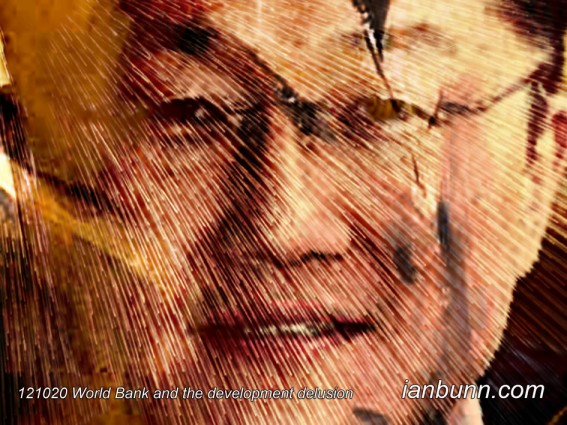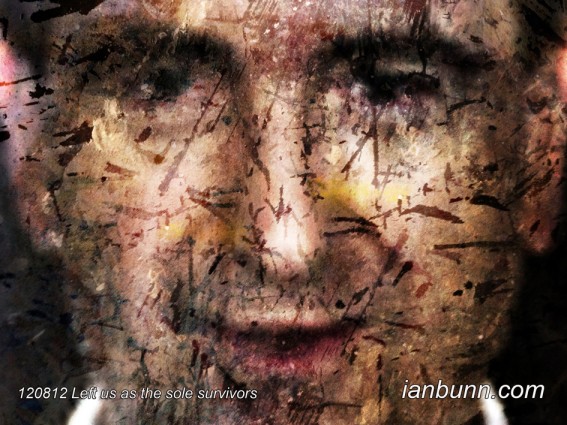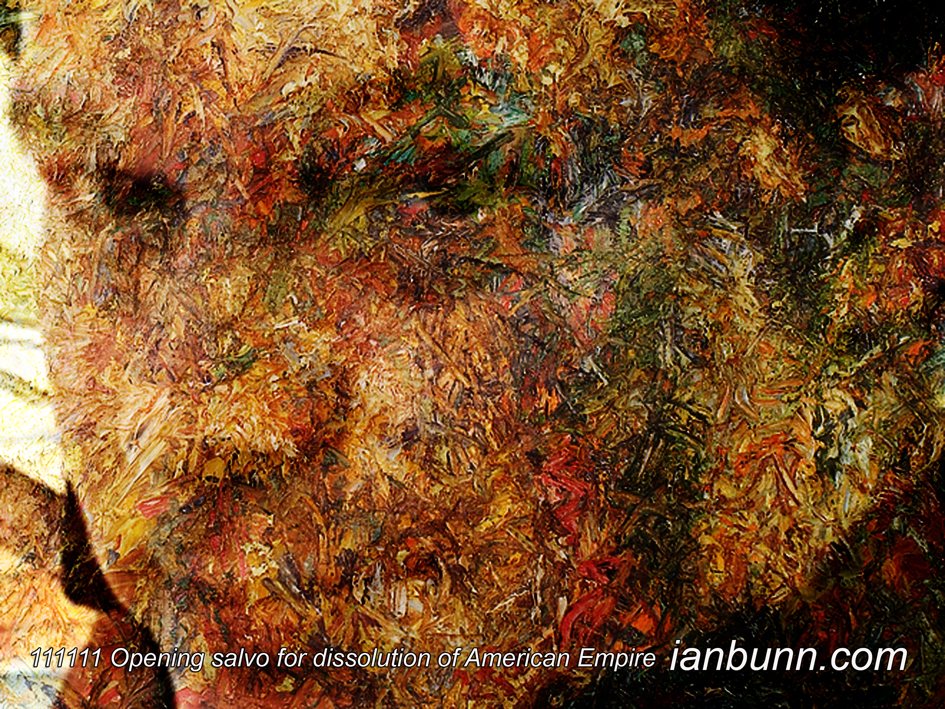 The tie that bound the activists was pizza (June 14 2013)
The tie that bound the activists was pizza (June 14 2013)
David Rolfe Graeber the 52 year old American anthropologist, anarchist, and involved in social and political activism. Graeber has been featured in an article by John Kampfner in the Japan Times titled ‘The story of the Occupy movements by one of the leaders’. Kampfner states “I’m torn. I can’t work out whether the Occupy movements were responsible for their own demise; and I can’t work out whether I’ve had enough of reading tomes about the brave new world of revolutionary consensus-building. The case for the defense of the spirit of 2011 should be overwhelming. Groups of activists around the world came together, determinedly but also nonviolently, not just to protest at the criminality of the banks and their backers, but also to put into practice another way. So why did it dissipate? David Graeber was a leading light in the Occupy Wall Street movement. An activist, anarchist and anthropologist (note his useful alliteration), he writes vividly about his experiences. He captures the joys and fears of a movement that believed it was on the cusp of achieving something special. Beyond the default complaints of police brutality and media narrow-mindedness, he struggles, however, to explain why in the end so little was achieved. His observations engender rage and smiles in equal measure. The tie that bound the activists in Zuccotti Park, night after night, was pizza. Local delivery firms thrived, as people from far and wide phoned in orders for pizza to go directly to the camp. …Graeber’s unwillingness to set out credible economic and political alternatives is curious. He confines his analysis to process, arguing that many problems would be solved if the manner of political engagement changed. He goes to great length to explain how democracy by consensus or collective problem-solving works, describing this as “something vaguely like jury duty, except noncompulsory, with some way of screening obsessives, cranks and hollow-earthers, but nonetheless allowing an equal chance of participation in great decisions to all who actually do wish to participate.”
Inspired by John Kampfner, The Japan Times ow.ly/laSvB Image source David Graeber ow.ly/laSlg





